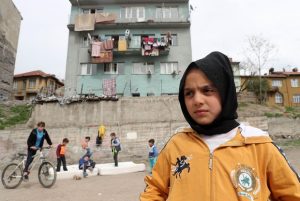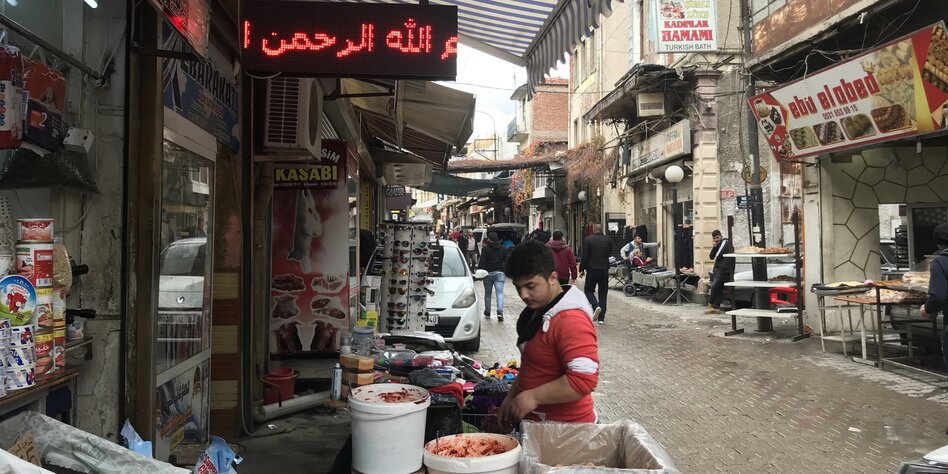Molly O’Toole covers the complexity of a life between displacement and return for Syrian refugees in Turkey for Newsweek. Collating stories of several Syrian interviewees, the article highlights the challenges regarding the flight to Turkey, living conditions with severe barriers to registration, education, work and health, as well as the expectations on resettlement despite the rising discourse of ‘return’:

“The refugees face a no-win situation: If they return to Assad’s Syria, they risk conscription, disappearance and sectarian retribution, as well as an utter lack of basic services and opportunity. If they stay in Turkey, they face chronic uncertainty and destitution, as domestic and international politics turn against them.”
This article was originally published by Newsweek.




